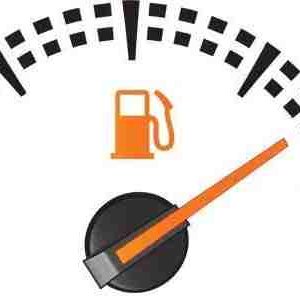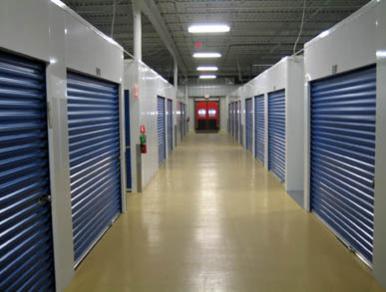
Telematics and How it saves Money for Commercial Fleets
Telematics is a bit of a buzz word at the moment. Motoring sections of national newspapers, car blogs and haulage industry press are all naming it as a solution to many motoring problems. But what exactly is telematics, and how can it help your commercial fleet?
Put simply, telematics is anything that combines technology with motoring data. That definition covers all kinds of possibilities from Sat Nav systems to insurance telematics. But as the operator of a commercial fleet of vehicles, how can telematics work for you and how can it help with what counts: the bottom line.
Fleet telematics involve each vehicle in the fleet sending data back to a central computer. Often the computer isn’t on site and is instead accessed from the ‘cloud’, meaning simply that you access the data by visiting a website. While accessing the data might be virtual, getting it in the first place isn’t. Each vehicle will need a tracking device ‘hard wired’ into it.
The cost of telematics systems vary considerably based on factors such as the size of the fleet, what data is collected and how often it is collected. While the initial cost of the tracking devices and the labour to install them obviously isn’t cheap, the data collected can lead to on going savings that can mean the devices pay for themselves in just a few months.
While GPS systems have got better at warning you in advance of traffic, things haven’t improved much over the old way of simply listening to the radio for traffic alerts. Telematics can help however – by monitoring which times of days roads your drivers go on are frequently busy you can discover faster alternatives. If you’ve got another vehicle coming in the same direction as a vehicle that you notice is stuck in traffic, the fleet controller can get in touch to tell the driver to take a different route before they get stuck in traffic.
Telematics systems are able to create alerts for the fleet controller. These are completely customisable and can be based on everything from the location of a vehicle to fuel efficiency. Fleet controllers generally increase the number of alerts as they get comfortable using them and discover how they work best for their fleet management.
Geofencing of routes is a common way of using alerts. If you make a delivery regularly and know one route is more efficient than another you can ensure that your drivers stick to that route by geofencing around it. If the driver tries to take a different route or leaves the geofence for another reason the fleet controller will be alerted.
Monitoring how your drivers are controlling their vehicles is also a great way to save money. Sudden breaking and other driving methods can be extremely fuel inefficient and cost you significantly not just at the pump, but also in controlling your CO2 emissions. Drivers who consistently have bad driving practice can be told to improve their performance.
Some worry that telematics devices they fit now might be superseded in a few years, the way that computers and mobile phones are replaced. However the biggest innovations in telematics come from the software that handles the data rather than the devices that track the vehicles, so an investment into devices for tracking now could potentially last as long as your fleet.
It’s expected that by the year 2020 new fleet cars will all come with telematics devices built into them due to the success those already using the technology are having with it. Get ahead of the competition and discover ways to reduce costs in your business using telematics today.
One example of great savings due to fleet telematics is noted here in the following case study.
http://www.fleetmatics.co.uk/blog/case-study-gps-tracking-helps-scottish-haulage-company-cut-down-fuel-bill/ with the company in question saving £4800 ($7,344) per year on fuel.
Another good example of how commercial telematics can save you money was cited here http://www.vehicletrackingsystems.org.uk/a-real-life-example-of-how-vehicle-tracking-can-save-you-money
It is certain that companies running a commercial fleet would be well served looking into fleet telematics as a prudent and cost effective solution.
Robert Prime writes for the fleet tracking section of telematics.com


















Leave Your Response